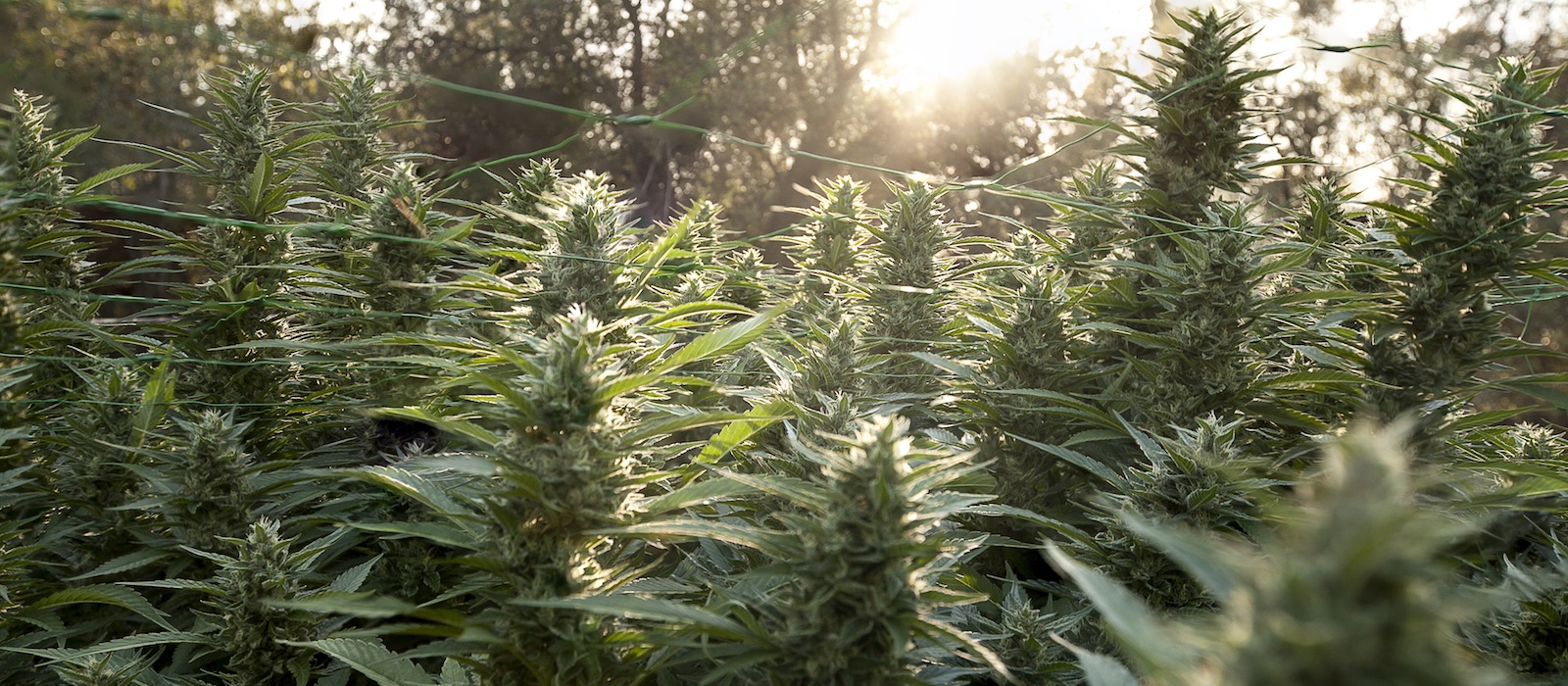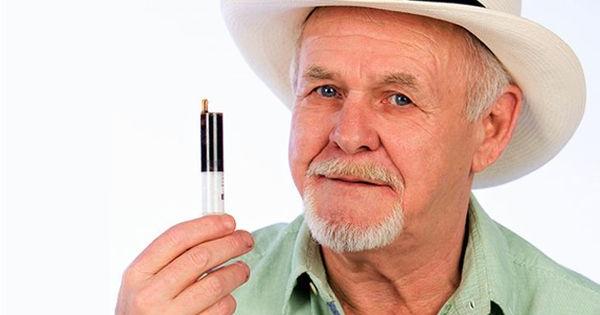- Known from time immemorial, cannabis has been widely researched and discussed throughout history.
- The debates initiated recently by international organisations and countries worldwide on the plant’s legal status are shedding light on the pros and cons of both medical and recreational marijuana.
- Yet, there are still many unanswered questions science will sooner or later have to address.

Loved and reviled in equal measure, cannabis is a highly popular substance that still today raises a host of questions. However, as science advances and laws become more permissive, it is not unreasonable to think that the remaining uncertainties regarding its effects, benefits and history will soon be removed. Here are five questions on cannabis science has not clearly answered yet.
Cannabis and cancer: Foe or ally?
Cannabis has many different effects on the human body – some positive, some negative – all of which are determined by factors like the dose and the user's specific situation. One interesting debate is about the link between cannabis and cancer. While some say long exposure to THC dramatically increases the risk of testicular cancer because it interferes with the endocannabinoid system, which is also involved in the synthesis of sex hormones, there are studies which suggest that, far from increasing the risk of cancer, THC could be useful in combating the disease, as it may inhibit cancer cell growth.
The studies, however, are still limited, and there are no clinical data demonstrating the effectiveness of cannabis in stopping cancer spread. That said, the benefits of medical cannabis have been known for millennia, and include pain reduction in chronic pain and terminal patients, symptomatic relief from autoinflammatory and some dementia-related diseases, as well as from arthritis and Parkinson's, reduction of chemotherapy side effects and good results in treating pathological anxiety and post-traumatic stress disorder.
Does it affect the heart?
The debate on the link between cannabis and cancer is still alive in the scientific literature, but it's not the only one. Another major topic of discussion concerns the effect of cannabis on cardiac health, and here again, there is a lack of consensus. While some studies have linked cannabis use with a higher risk of suffering episodes of high blood pressure, which may lead to a heart attack in severe cases, others have found the exact opposite, suggesting the plant could have a vasodilatory effect on blood vessels that would in turn reduce blood pressure. From this standpoint, cannabis use could have a positive effect on the cardiac muscle, as it could help prevent heart attack through vasodilation.

Clearly, further research is necessary to elucidate what potential benefits cannabis can have on the heart and in which cases use is best avoided.
Cannabis' twists and turns throughout history
It is a well-known fact that cannabis has been used since prehistoric times. The exact origin of the plant, however, has not been determined yet, although some indications point to Central Asia. The first tangible evidence of cannabis use goes back to the Neolithic (8000 - 5000 B.C.), when the plant was grown for seeds and fibre, which was then used for producing textiles and fishing nets. Traces of these practices have been found on Neolithic sites in China, Siberia, Taiwan, Turkestan and Hong Kong, with remains of burnt cannabis seeds having been found in Rumania. Meanwhile, the oldest written evidence of cannabis used medically dates back to 4000 B.C in China.
Historical and archaeological research has uncovered countless interesting facts about cannabis and its predecessor species, i.e. the link between hemp and the moai, the mysterious monolithic statues of Easter Island. According to a 2012 study by the Californian State University, ancient Polynesians might have used ropes made from interwoven hemp fibres for transporting the colossal, four-tonne monoliths.

There are still many question marks over cannabis use throughout history, but future research will hopefully complete the picture soon.
Suitable for man's best friend?
Pets are not immune to THC. Far from it, inhaled cannabis smoke has a far greater effect in dogs than in humans, and the cases of hash poisoning that end up with a stomach pumping at the emergency vet's are far from rare. Symptoms of cannabis poisoning in dogs – either ingested or inhaled – include dilated pupils, hyperarousal and involuntary muscle movements.

However, without contesting the risk of poisoning, and on the grounds that all vertebrates have a backbone, and thus also an endocannabinoid system, some researchers suggest cannabis could be beneficial to pets, meaning they could profit from the plant in a similar way to humans. In fact, many pet owners treat their companion animals with CBD when conventional treatments prove ineffective.
The effect cannabis has on pets depends on a number of factors, but it seems reasonable to think that, just as it helps in treating certain human diseases, so too could it help pets. Be it as it may, this remains a question only science can answer.
Does it have the same effect on men and women?
We wrap up with question that still gives rise to some confusion, i.e. whether cannabis affects men and women equally. No conclusive study has yet been published and thus further research is necessary to provide a solid answer. Still there are indications that the effect can actually vary according to gender.
A 2014 study on rats, conducted by researchers at Washington State University, found that females are more sensitive than males to the pain-relieving effect of THC. Another finding was that females develop tolerance to THC more quickly, meaning larger doses are required over time to produce the same effect. The reason appears to be the role of estrogen, the primary female sex hormone. While there is no conclusive evidence that the findings are transferable to humans, this may very well be the case. Again, it is up to science to solve the mystery.








Comments from our readers
There are no comments yet. Would you like to be the first?
Leave a comment!Did you like this post?
Your opinion about our seeds is very important to us and can help other users a lot (your email address won't be made public).